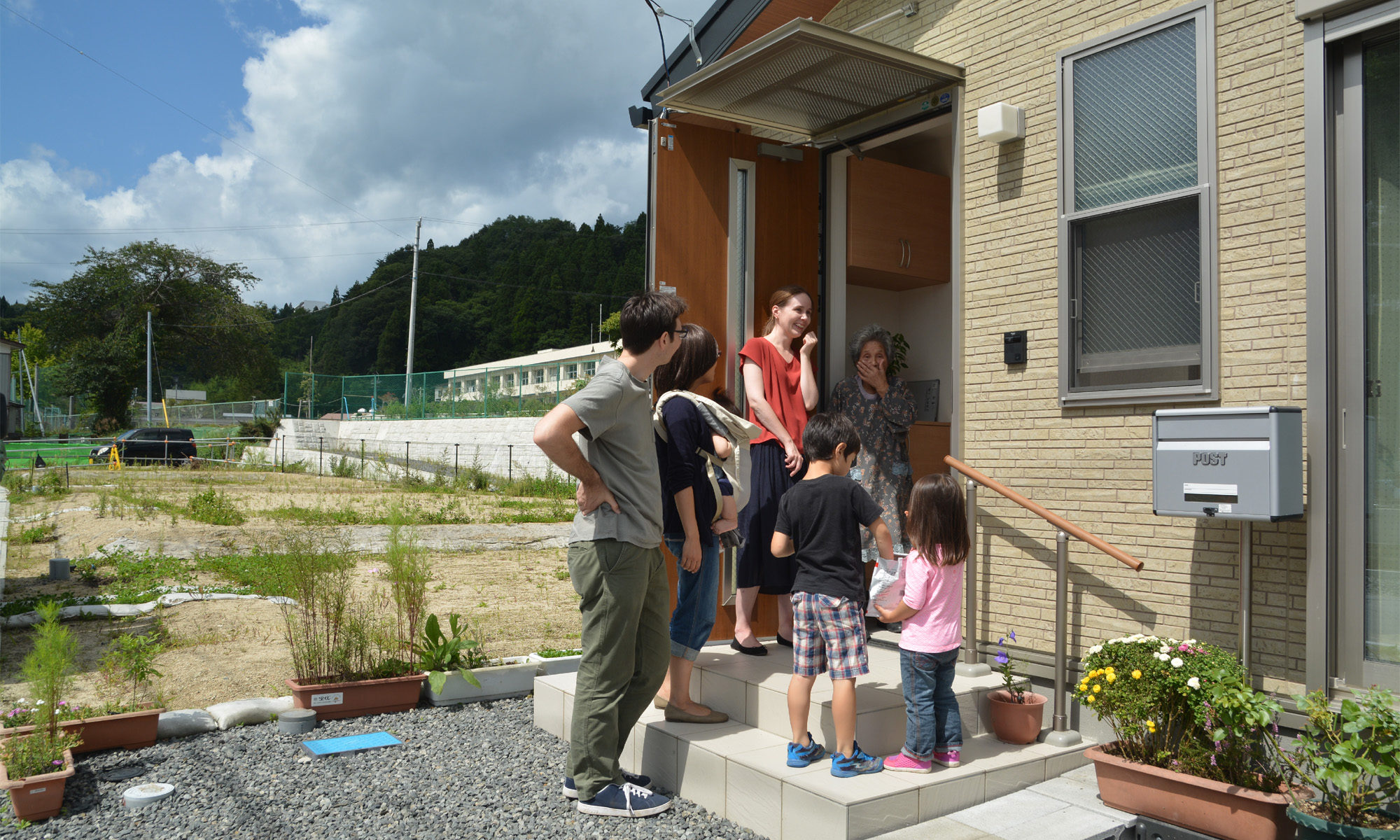I’ve been thinking a lot about the low percentage of Christians in Japan. The latest figure that I’m aware of is from a 2006 survey by the Gallup organization, which found that 6% of the Japanese population claimed to be Christian. However it is also generally agreed that less than 1% of Japanese people attend a Christian church on a regular basis, and so most Pastors and missionaries that I know still believe the long standing statistic of 0.2% is the most accurate.
The question I have is: why? Missionaries have been active in Japan since the end of World War II. That’s about 60 years. Despite that fact, it seems that the percentage of Christians in Japan has not increased in those 60 years, and this is not from lack of effort. I’ve been over to Japan on 5 short term trips, all of which had the goal of at least in part increasing the number of Christians in Japan. More importantly all of those trips were to assist ministries that were going on all the time in Japan, so while I spent a few weeks out of the year there, work was being done by these organizations year round.
Virtually every person I have talked with about Japan has informed me that it is one of the most difficult mission fields there is, that it is a very slow process requiring years of work. Most missionaries involved in planting churches currently plant one or two churches over the course of perhaps a 30 year career in missions in Japan. So why is that? I don’t know. I’m not sure anyone knows besides God.
One obstacle to Christianity is Japanese culture. Here is a chain of islands that has been populated since the Stone age, and yet over the course of its long history has had virtually no exposure to God. Some believe that missionaries arrived in Japan in the second century AD, however the first confirmed Christian presence in Japan was not until the later half of the 16th century. It’s possible that during that time around 1.5% of the population converted to Catholicism, but this was short lived. A few decades later Christianity was outlawed, and almost totally expelled from Japan. It would not be practiced openly again till the end of the 19th century.
I mention all this because I come from a culture with nearly 2000 years of some form of Christian influence. If you trace western civilization from Rome, we find Rome being heavily influenced by Christianity, and later passing that on to Europe, and from Europe to the New World, and here I am. My culture is largely compatible with Christianity because it’s been embracing it for nearly two thousand years. Not so with Japan. Becoming a Christian in Japan means braking from many cultural beliefs; certain national holidays can no longer be celebrated, attitudes towards family have to be changed, customs concerning death and life have to be abandoned and even some traditional communal dances must be abstained from. So many parts of a normal Japanese lifestyle must be modified or abandoned in order to honor Christ.
I don’t believe that Japanese Culture is wholly incompatible with Christianity. But I do believe that many parts of it are, and thus it is one major stumbling block to the spread of the Gospel. If this is the case, then Japanese culture needs to find a godly outlet of expression. New songs need to be written which praise God. New dances must be created. God does not want to force a Western Culture upon the whole world, He wants every culture to express itself in its own unique way, to the purpose of praising and honoring Him. I’m really excited to have a Japanese sister-in-law who desire’s to compose original Japanese worship songs. I think this is precisely the kind of thing that needs to happen. And I hope that this next generation of Japanese Christians will be able to creatively redeem their culture in a way that honors God and resonates with the Japanese heart. I don’t know if that will “fix” the problem, but I think it will help. Be praying for them.
